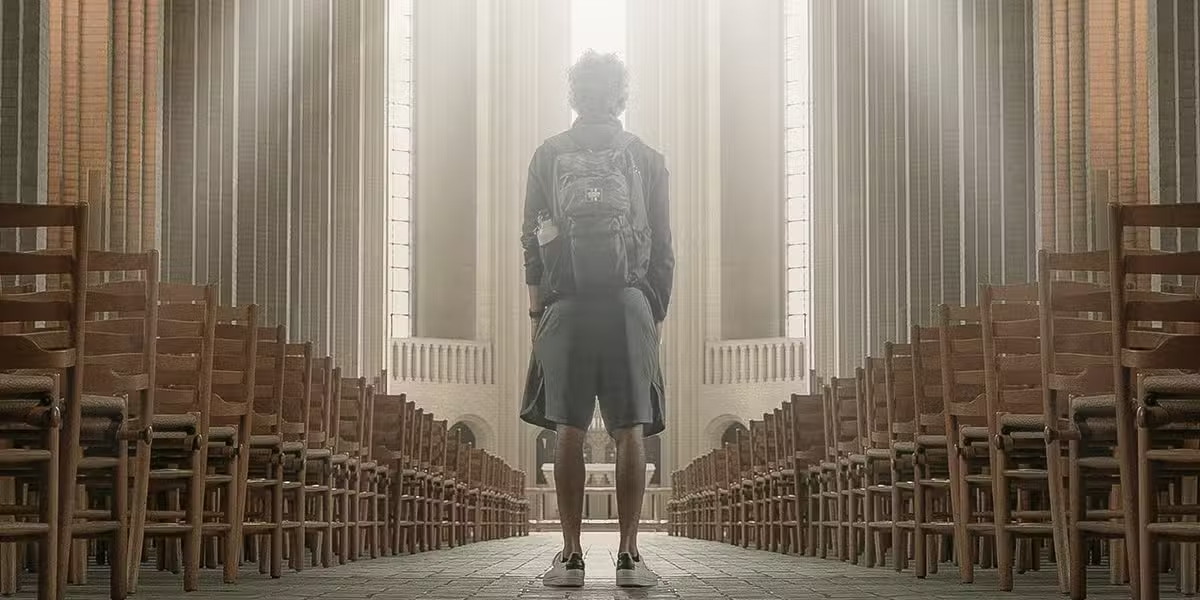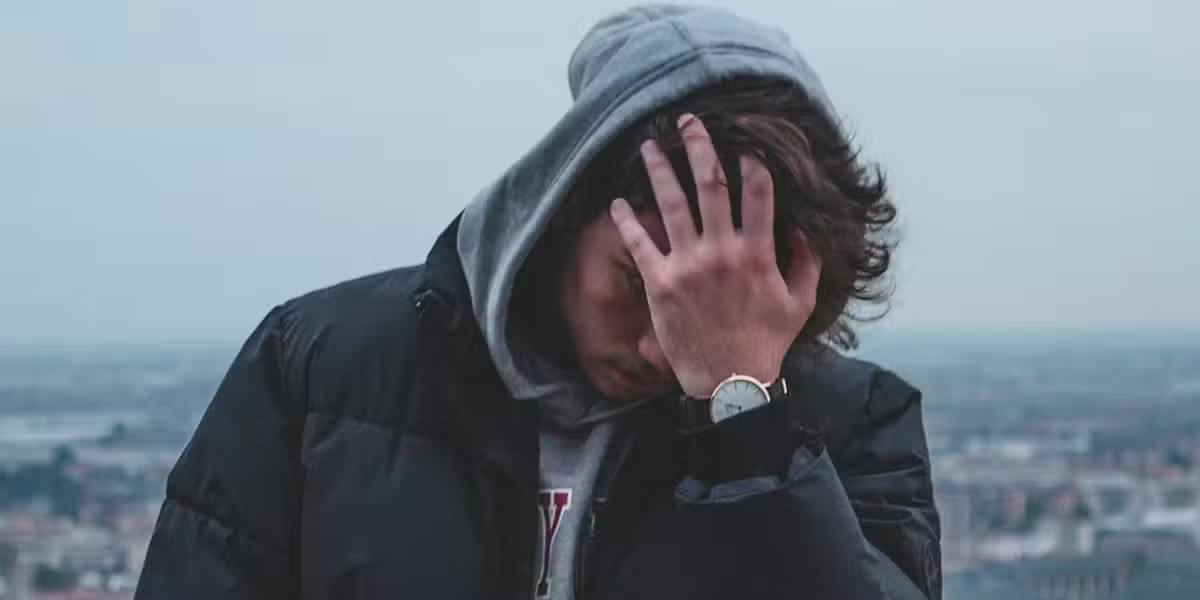I am a white American male with a college degree and a career, and I was blessed to be raised in a loving, Catholic home by parents who valued education, hard work, and faith. Apart from a few speeding tickets, I’ve had very little interaction with the police and have never felt a chill run up my spine due to being singled out by an officer based on my appearance.
I suppose I should feel grateful for being born into the world with so many factors stacked in my favor. And though I do maintain a deep and abiding sense of gratitude toward my family and faith for providing such a strong foundation, I can’t shake this nagging and uncomfortable thought: I have white privilege.
I’m not a racist, I don’t wish to use my position of privilege to “win at life” at the expense of others closer to society’s margins, and it is my hope to see our world become a more equitable one in my lifetime. But what can I do? Where do I even begin? There seems to be a Gordian knot of injustice before me, a tangle of a broken justice system, cutthroat capitalism, fevered nationalism, inadequate access to education and health care for minorities, the subtle seduction of being apathetic to social ills. The list of systemic problems goes on, and racism is tied up in most of them.
Fortunately, like many of the most difficult challenges we as a people and as individuals face, we can turn to faith and each other for strength, wisdom, and courage to guide us in our small steps toward a better world—a place we can rightly call the kingdom of God. Sometimes, events happen that urge us all to step a little bit farther than we thought we could, stretching us beyond our comfort zones.
‘I’m Through’
On May 25—Memorial Day—George Floyd was killed by a police officer in Minneapolis. We can use phrases such as “died in police custody” to rationalize and sanitize what happened, but we’re lying to ourselves and tacitly continuing systemic racism if we do. Two separate autopsies ruled his death a homicide caused by “cardiopulmonary arrest while being restrained,” according to the Hennepin County medical examiner’s report.
The arresting officer, Derek Chauvin, was originally charged with third-degree murder and second-degree manslaughter, with the charges later upgraded to include second-degree murder. These are simply the cold hard facts. What we make of them and how we comprehend this event against the backdrop of systemic racism will reveal how advanced or primitive we are as a civilization.
Floyd uttered these words as Chauvin’s knee pressed down upon his neck: “I can’t breathe.” These words—the same spoken by Eric Garner in 2014—both literally point out the brutality of police violence and symbolically characterize the feeling of an entire oppressed people. “I can’t breathe” wasn’t the only thing Floyd said. Among other words and phrases, he cried out “Mama!” and “I’m through.” When I found out that he said those words, my mind went to the scene of Jesus on the cross, his mother weeping below, his voice raised up in anguish to his Father, and these words from John 19:30: “It is finished.”
But we now know that it wasn’t finished, really. It had just begun. Three days later, Jesus rose, and the spark of Christianity would not be extinguished. Two thousand years later, we are called to see the face of Jesus in George Floyd and carry on our work to build up the kingdom of God.
‘Not Being Racist’ Isn’t Enough
As helpless as we may feel during these chaotic times of social unrest piled on top of the COVID-19 pandemic, there are things we can do. Listening is generally a good first step. And white Americans should listen for as long as they can to hear what their brothers and sisters from minority communities are saying.
The marginalized are often called the voiceless, and those fortunate enough to be born into the power position of being in the social majority have the responsibility to find ways to help them speak out. Sometimes this is done by being quiet and letting their voices be heard. Other times, we may find ourselves in the uncomfortable but crucial position of standing up for the voiceless when no one else will.
Like many people, I would answer no to the question, “Are you racist?” But to effect any lasting change, we need to be more and do more. We need to be actively anti-racist. This means challenging friends, family members, coworkers, and others when we hear something that supports systemic racism. Someone might make an insensitive remark and follow up with, “It’s just a joke.” Others might claim that they’re color-blind and that we’re all just one human family. Or, as I recently experienced, a person might respond to “Black lives matter” with “All lives matter,” a semantic trick that shifts the conversation away from the very real problems of police violence and systemic racism. These moments can seem insignificant, but they’re all drops of water in an ocean of injustice.
During a general audience at the Vatican on June 3, Pope Francis spoke about the civil unrest in the United States. “My friends, we cannot tolerate or turn a blind eye to racism and exclusion in any form and yet claim to defend the sacredness of every human life,” he said. Indeed, our faith insists that every life is sacred and worthy of protection—yours, mine, and George Floyd’s.








